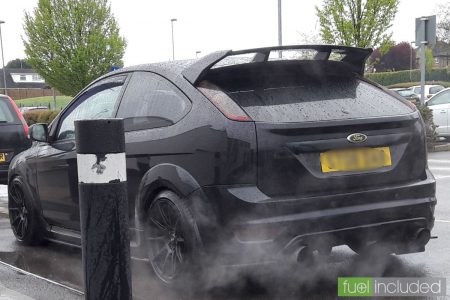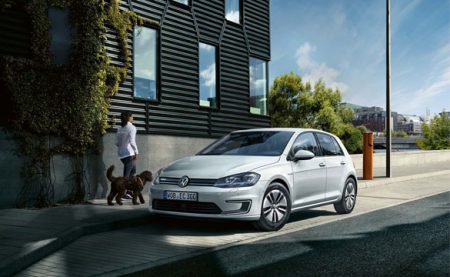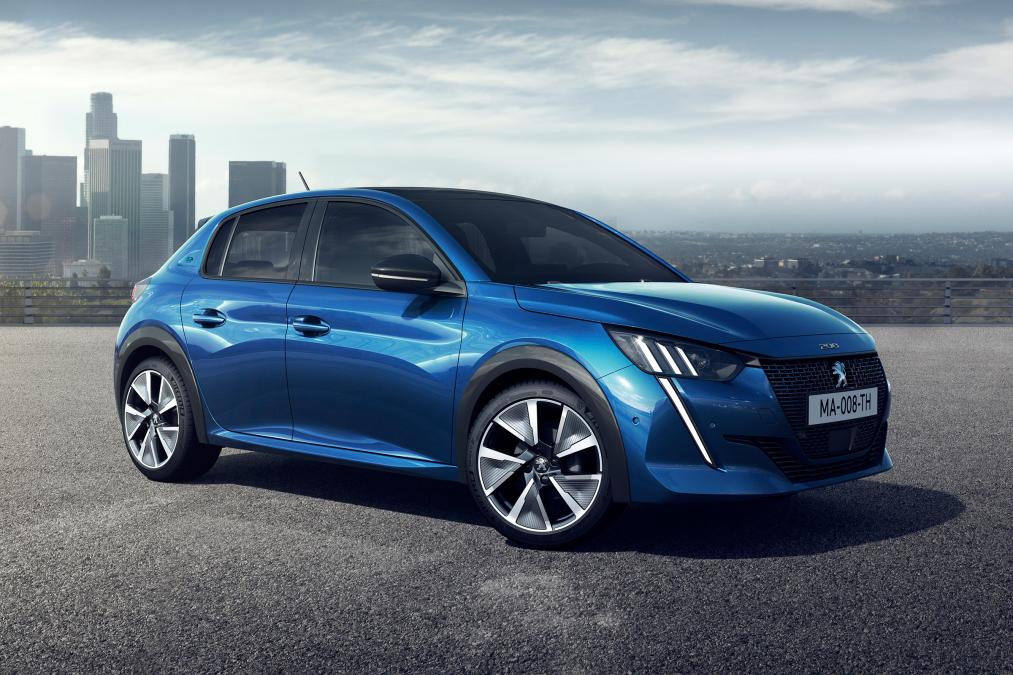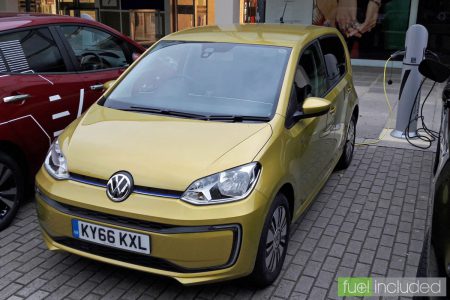I have a love-hate relationship with international motor shows such as this week’s extravaganza in Frankfurt.
On the one hand, if you like cars, if you have a single drop of petrol in your veins, it’s impossible not to be impressed by the array of awesome engineering on display. And that of course is the general idea.
Manufacturers spend huge sums developing their latest four-wheeled fantasies, laden with up-to-the-minute electronic gizmos, which apparently will do everything for you except brush your teeth. They want you to be impressed.
…
For many years now, the dominant themes have been electrification and automation.
At the major European shows in Frankfurt, Geneva and Paris there’s been endless speculative talk about the need to develop battery powered cars, and about how we’ll live with self-driving machines.
But here in Frankfurt, what used to be speculation is becoming reality. The launch of Volkswagen’s ID.3 is being seen as a landmark moment. Not because it looks particularly flashy or exotic – it doesn’t – but because this is the first purpose-built electric car the German giant has produced, the first fruit of a €30bn (£27bn) investment programme, designed to turn the company into a market leader in electric cars.

There’s an irony here, of course. Four years ago, Volkswagen was a very different company. It was during the 2015 show in Frankfurt that the US environmental authorities dropped their bombshell, accusing the German company of deliberately manipulating emissions tests. Executive heads rolled, billions of dollars in fines were paid, and the company embarked on a very different corporate strategy.
Read more: BBC















